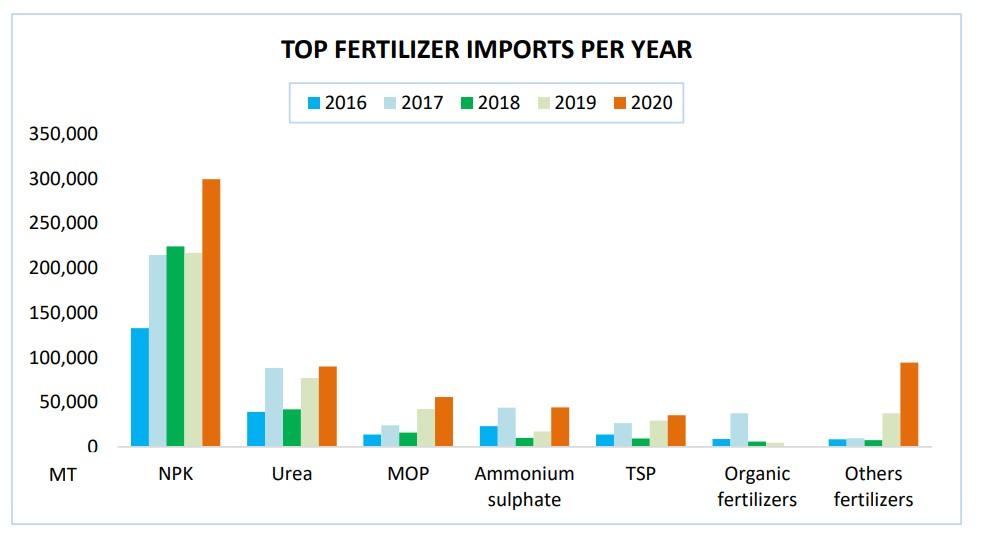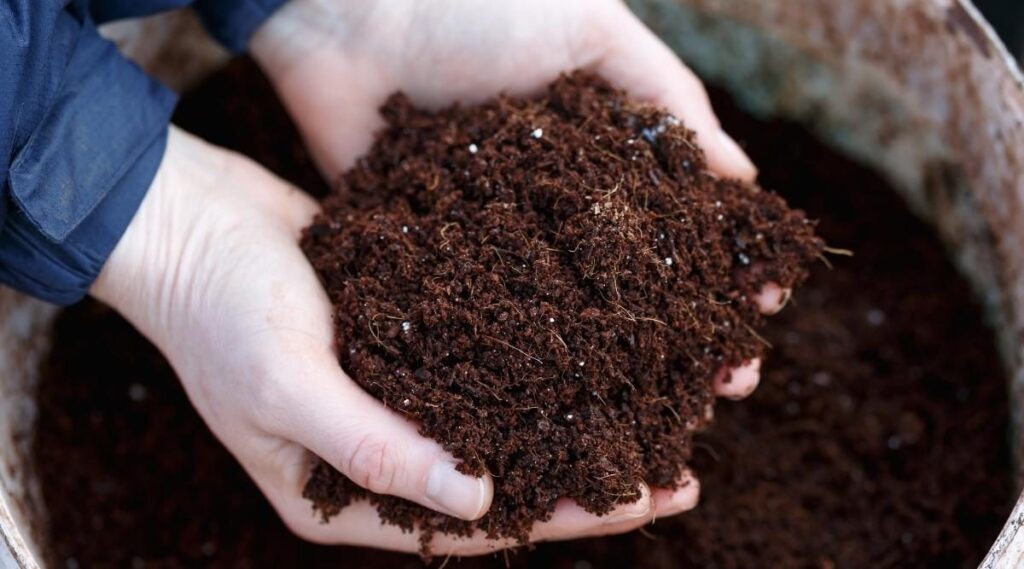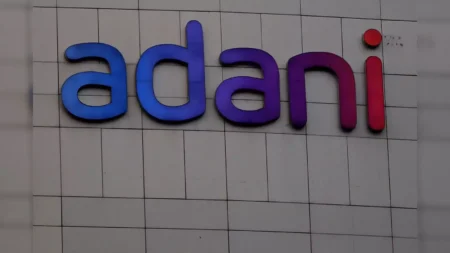- Finance Minister, Ken Ofori-Atta said the government was also facilitating the establishment and the expansion of local organic fertilizer production plants with support from the EXIM Bank.
- It is also interested in increasing the manufacture of local products within the country and as such has pledged to support local producers via an allocated budget. Asides this, the finance minister assured that 50 per cent of all imports would be halted.
- The National Insurance Commission, is spearheading the development of agricultural insurance for farmers through the Ghana Agricultural Insurance Pool (GAIP).
Ghana’s Finance Minister, Ken Ofori-Atta, has presented the 2023 Budget Statement and Economic Policy of Government to Parliament.
This is in accordance with Article 179 of the 1992 Constitution and section 21 of the Public Financial Management Act, 2016 (Act 921).
The Ministry of Finance said the budget focuses “on Government’s strategies to restore and stabilise the macro economy, build resilience, and promote inclusive growth and value creation.”
The budget was presented and a few things stood out which are more interesting allocations in Ghana’s 2023 national budget.
Finance Minister Ken Ofori-Atta said the government was also facilitating the establishment and the expansion of local organic fertilizer production plants with support from the EXIM Bank.
Organic farming uses green manure, compost, biological agriculture, and fertilizers derived from animal waste.
Organic farming is an alternative for crops and livestock production that doesn’t use pesticides, artificial fertilizers, genetically modified organisms, or antibiotics to increase production. This has many benefits to the environment and the individuals using these yields.
Small farmers using organic farming methods have huge potential to expand global food production and organic farming methods actively regenerate resources and protect the environment from pollution and toxic wastes.
The global organic food and beverages market size was valued at US $188.35 billion in 2021 and is expected to expand at a compound annual growth rate (CAGR) of 13.0 per cent from 2022 to 2030.
Finance Minister, Ken Ofori-Atta stated that efforts need to be intensified to ramp up local food production. Food shortages have been a prevalent problem in Sub-Saharan Africa since the year began and Ghana is no exception. The finance minister noted that granting farmers access to fertilizers urgently would increase agricultural yield in the country and a budget would be allocated to local fertilizer producers. (https://perfumesample.com/)
“Mr. Speaker, the recent global crisis has severely disrupted inorganic fertilizer supply chains. This has resulted in sharp increases in prices, making it difficult for farmers to access the commodity and thus threatening food security,” he said.
“The Ministry of Food and Agriculture is intensifying efforts to promote the local production and use of organic fertilizers. Further to this, under the subsidy programme, the Ministry has increased the quota for organic fertilizer suppliers to cover the shortfall in the supply of inorganic fertilisers. Additionally, Government is facilitating the establishment and the expansion of local organic fertilizer production plants with support from the EXIM Bank.”
According to an article published by Business Ghana dated November 13, 2022, the Ministry of Food and Agriculture (MOFA) highlighted that it is arranging a US$150 million Indian Exim Bank facility to support farmers in the Southern, Middle and Northern belts of Ghana. This was published following the announcement by Dr Owusu Afriyie Akoto, Minister of Food and Agriculture.
The Minister further added that a consultant was preparing a detailed project report for implementation. It is now clear basing on the 2023 budget that some of the money will be channelled towards facilitating the establishment and the expansion of local organic fertilizer production plants.
This is not the only attempt by the Indian bank to revive production plants. In 2016, Ghana secured a US$ 35 million loan from the Export-Import (EXIM) Bank of India and invested it in the Komenda sugar factory. An additional US$ 24 million was set aside to support out-grower farmers. The factory, which was inaugurated on May 31, 2016, to produce sugar, became stillborn due to a multiplicity of factors that were touted as technical and operational challenges.

What stands out about the new initiative is that Ghana is warming up and shifting to organic farming and production plants will have a ready market.
In an article published by Ghanaian Times on November 10, 2022, the Okyenhene, Osaagyefo Amoatia Ofori, urged farmers who use chemical fertilisers to adopt organic farming to increase yield and change their economic fortunes and the country at large.
He said organic farming, which is devoid of harmful chemicals, would prevent farmers from buying expensive pesticides and agro chemicals.
Read: Organic farming a prototype for sustainable agriculture in Africa
Okyenhene Amoatia Ofori Panin made the call at the maiden Ecoland Organic Farmer’s Day celebration, organised by Ecoland International in partnership with the Okyeman Traditional Council, at Bunso, in the Easter Region.
Other partners were German Embassy, and the University College of Agriculture and Environmental Studies (UCAES), on the theme: “Promoting small scale agriculture through organic farming.”
The German Ambassador to Ghana, Daniel Krull, said organic farming improved the livelihoods of farmers as they did not need money to buy expensive fertilisers.
He said organic farming would help stop the importation of expensive fertilisers and food products.
“Farmers need to understand and appreciate that opting for organic farming is cheaper than buying tractors,” he said, and commended the UCAES for commencing degree programmes in organic farming, Mr Krull said.
Read: Harnessing mobile technologies growth to drive smart agriculture in Africa
Meanwhile, the Ghanaian government is not only keen to produce organic fertilizer locally. It is also interested in increasing the manufacture of local products within the country and as such has pledged to support local producers via an allocated budget. Asides this, the finance minister assured that 50 per cent of all imports would be halted. He said the government would also support the aggressive production of strategic substitute goods.
“Mr. Speaker, as I have already indicated, Ghana’s heavy dependence on imports places tremendous pressure on the Cedi, creating an unfavourable balance of payments position. On average, Ghana’s import bill exceeds US$10 billion annually and is accounted for by a diverse range of items that include iron, steel, aluminum, sugar, rice, fish, poultry, palm oil, cement, fertilizers, pharmaceuticals, Toilet roll, toothpick, fruit juices, etc.”
“We currently have the capacity as a country to locally produce items that account for about 45 per cent of the value of our annual imports. These include rice, fish, sugar, poultry, cement, pharmaceuticals, jute bags, computers, etc. To this end, Government will target these products for import substitution by supporting the private sector, through partnerships with existing and prospective businesses to expand, rehabilitate and establish manufacturing plants targeted at producing these selected items,” he said.
He also highlighted that the National Insurance Commission, is spearheading the development of agricultural insurance for farmers through the Ghana Agricultural Insurance Pool (GAIP). GAIP provides traditional agricultural and index-based weather insurance products to commercial and small-holder farmers. An estimated USD$400 million in agricultural insurance will be extended to eligible farmers in 2023.











